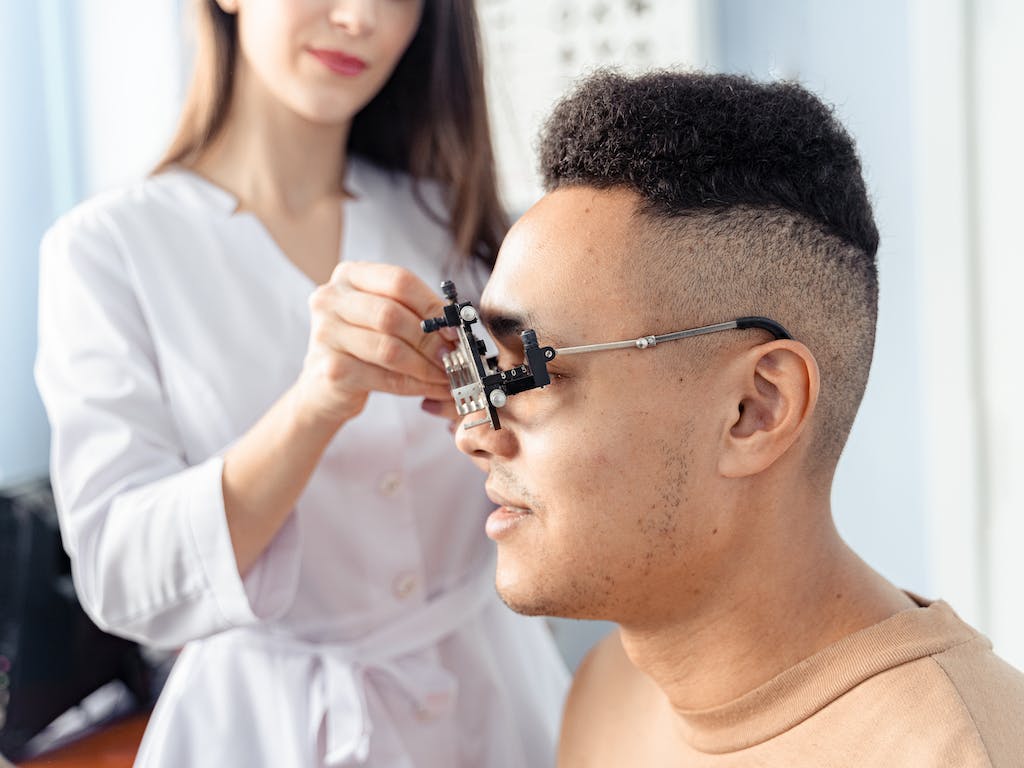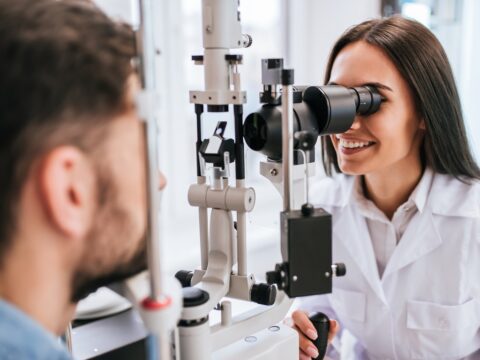Getting the right glasses prescription is essential for clear vision, but sometimes, even after a trip to the eye doctor, things don’t seem quite right. If you’re still struggling with blurry vision or discomfort after getting new glasses, there might be a reason behind it. Here are a few possible reasons why your glasses prescription might be wrong.
Changes in Your Eyesight Between Visits
Your vision can change over time, and sometimes, those changes happen between eye exams. If your prescription is too old, it might no longer match your current needs. Eyesight can shift gradually, so what worked last year might not work today.
Errors During the Exam
Even the most skilled eye doctors can make mistakes during an eye exam. If the test equipment isn’t calibrated properly or if you’re not able to clearly communicate your vision preferences during the exam, the prescription could be slightly off. Sometimes, the doctor might misinterpret the test results, leading to an incorrect prescription.
Incorrect Measurements for Glasses
It’s not just about the lenses themselves; how your glasses fit plays a significant role in how well they work. If the pupillary distance (PD), the distance between your pupils, isn’t measured correctly, it can lead to eye strain and blurry vision. Getting accurate measurements when ordering glasses is just as important as having the right prescription.
Unadjusted Prescription for Different Needs
Your eyes work differently depending on the activity. For example, the prescription you need for reading may differ from the one you need for driving or computer work. If your prescription isn’t tailored to your specific needs, you may struggle with focusing in certain situations.
Wrong Lens Type or Style
Sometimes, the issue isn’t the prescription itself, but the type of lenses or frames you choose. For example, progressive lenses or bifocals can be difficult to adjust to if you’re not used to them. The frame style may also affect how well you see through your lenses, especially if it’s too tight or loose.
Inaccurate Dispensing of Lenses
When ordering glasses, the lenses are cut and fitted into the frames. Sometimes, the lenses are incorrectly aligned or not cut to the proper shape, which can lead to blurry vision or discomfort. Always choose a trusted optical shop to avoid this problem.
Changes in Your Eye Health
Certain health conditions, like diabetes or cataracts, can affect your vision and may lead to changes that aren’t reflected in your glasses prescription. If you have underlying health issues, it’s essential to keep your eye doctor informed.




